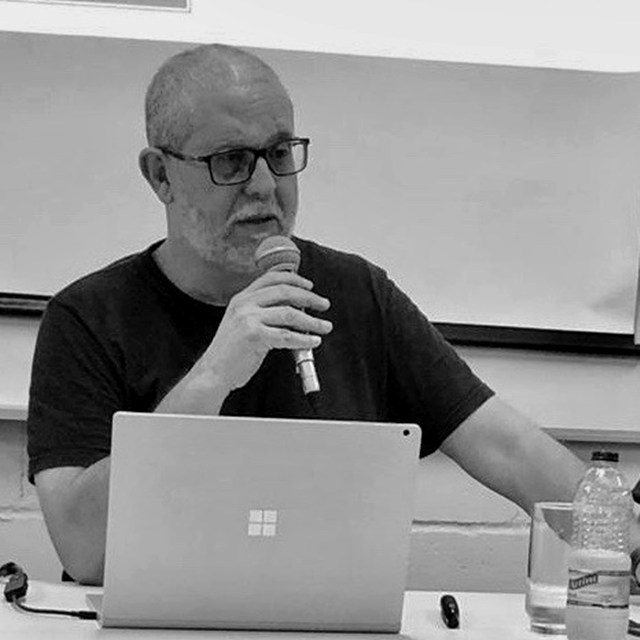Fernanda Ferreira
Good Enough Language Processing: It's About Meaning, Not Syntax
Speaker
-
Fernanda Ferreira

Fernanda Ferreira
I am a Professor of Psychology and Member of the Graduate Program in Linguistics at the University of California, Davis. My research focuses on uncovering the mechanisms that enable humans to understand and generate language in real time and in cooperation with other cognitive systems. I am a Fellow of the American Psychological Society, the Cognitive Science Society, and the Royal Society of Edinburgh. From 2006-2010 I was Editor-in-Chief of the Journal of Experimental Psychology: General and I recently helped found a new, Fair Open Access journal called Glossa Psycholinguistics. I have been a member of the Linguistics Panel of the National Science Foundation and I’m currently a standing member of the National Institutes of Health Study Section on Language and Communication. When I’m not doing psycholinguistics I like to run and read.
Mediator
-
Marcus Maia

Marcus Maia
Marcus Maia é doutor em Linguística pela University of Southern California – USC, (1994). Atualmente é Professor Titular de Linguística do Departamento de Linguística e do Programa de Pós-graduação em Linguística da Faculdade de Letras da Universidade Federal do Rio de Janeiro. É bolsista de Produtividade em Pesquisa, nível 1B (CNPq/ 2020-2023) e foi Cientista do Nosso Estado (FAPERJ) no triênio 2015-2018. Atua nas áreas de Psicolinguística, Teoria e Análise Linguística e Línguas Indígenas Brasileiras, desenvolvendo pesquisas e orientando projetos sobre processamento sintático e lexical, sintaxe experimental, teoria da gramática, psicolinguística e educação, línguas indígenas brasileiras.
Discussant
-
Kiel Christianson

Kiel Christianson
Kiel Christianson has taught at the university level in Germany, Japan, and the U.S. He is a two-time Fulbright Scholar, and conducted the first “field-psycholinguistics” study on syntactic processing in any indigenous North American language (Odawa). He is currently Director of the Educational Psychology Psycholinguistics Lab at the Beckman Institute, and Associate Chair of the Department of Educational Psychology. His research has been funded by NSF, NIH, and Procter & Gamble.
Abstract →
Fernanda Ferreira
Good Enough Language Processing: It's About Meaning, Not Syntax
People given the sentence “While Mary bathed the baby played in the crib” will often answer “yes” to a question about whether Mary bathed the baby. Similarly, about a quarter of the time, people misinterpret passive sentences such as “The dog was bitten by the man”: they derive the interpretation consistent with world knowledge rather than the one mandated by the syntactic structure. But what is it about processing that is merely good enough: Is it the syntactic structure, the interpretation derived from it, or both? In this talk I will review recent work which shows that these misinterpretations are due not to a failure to build a correct syntactic structure, but instead arise due to competition from multiple interpretations built incrementally during online processing. In the case of Mary and her baby, the parser does eventually build the correct syntactic structure in which the baby is the subject of the main clause and Mary is bathing herself, but along the way the comprehender also constructed the idea that Mary bathed the baby, which is ultimately incorrect. Those two interpretations co-exist in memory and the misinterpretation arises when the wrong one is ultimately selected. Similarly, passives are sometimes misinterpreted because along with a system that builds sentence meanings compositionally, a parallel system exists in which words directly access concepts and schemas in long-term memory, providing a separate source of propositional meaning. This nonlinguistic conceptual system does not simply shut off because language input is being received; it generates an interpretation that must be reconciled with the one derived linguistically and compositionally. Good Enough Language Processing, then, is entirely compatible with the assumption that the parser builds full and accurate syntactic representations, and it places the “blame” for misinterpretations where it belongs: on the systems that construct meaning.
